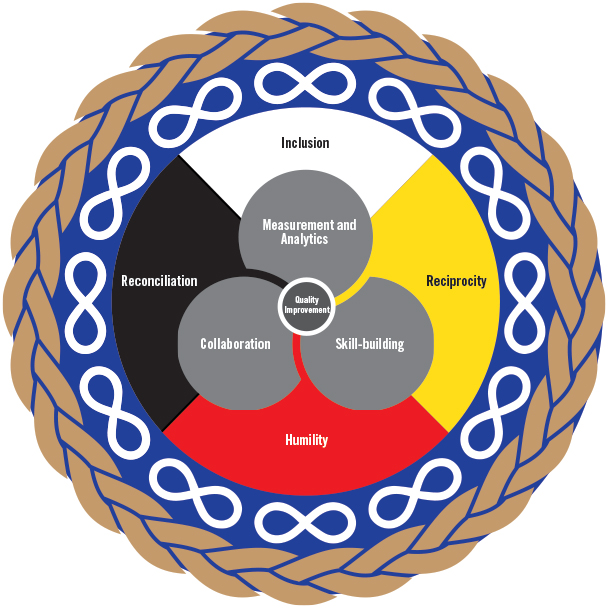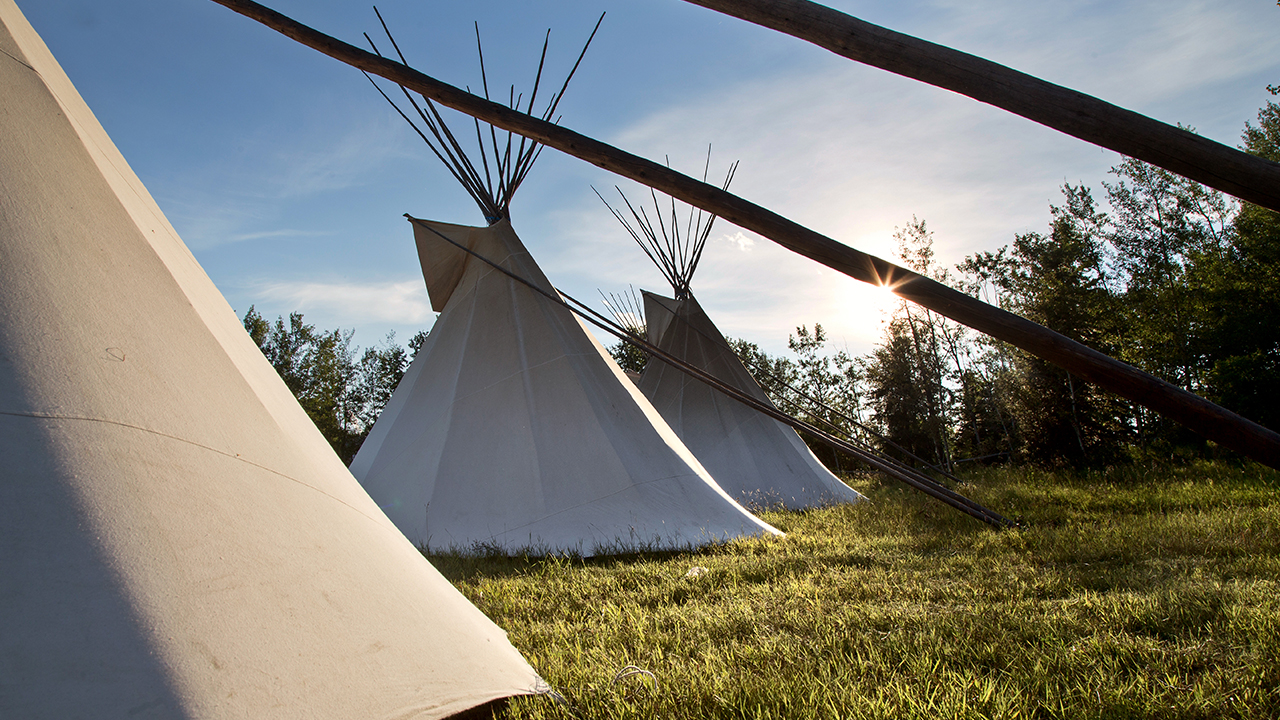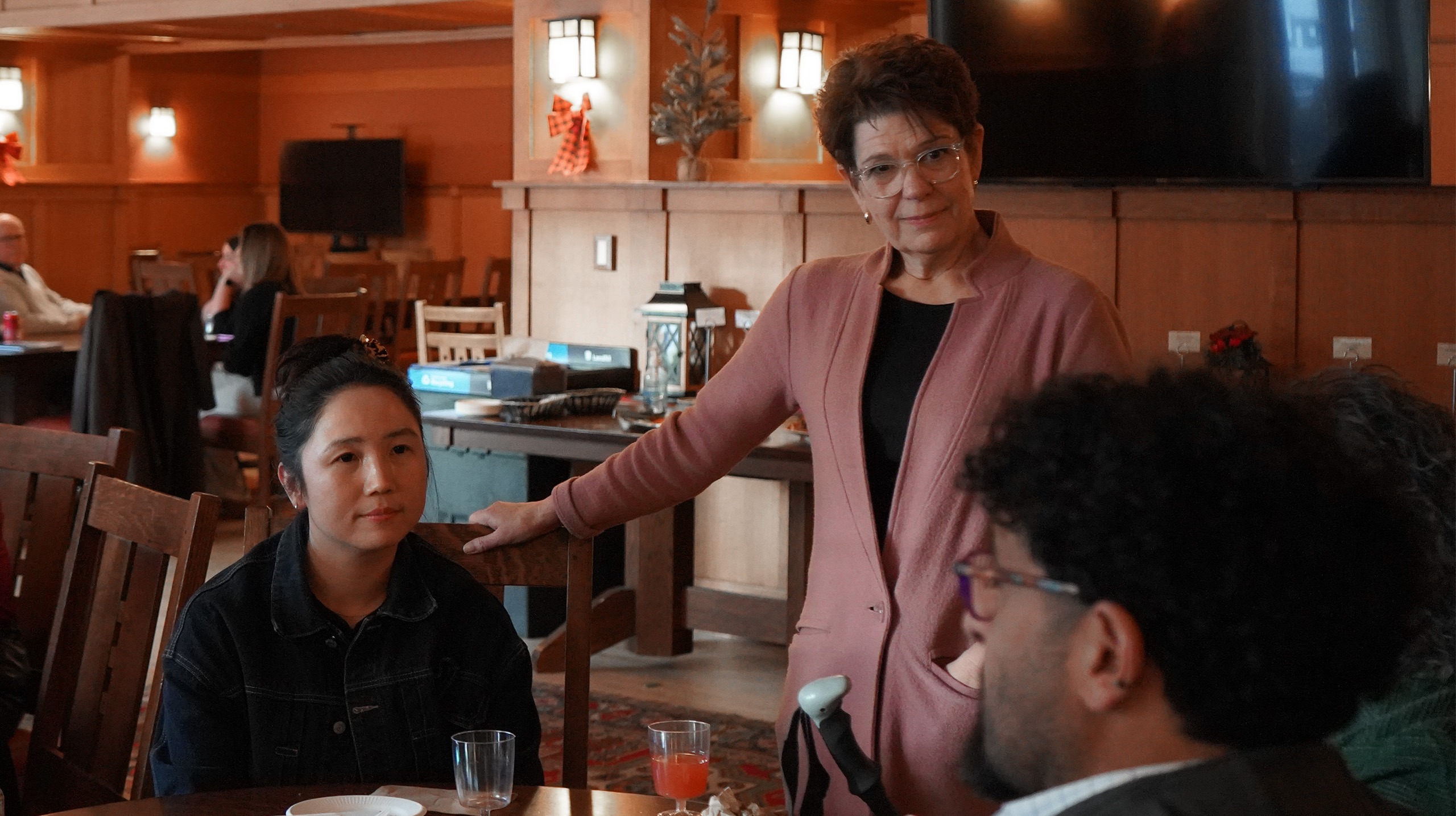In forming the 2019-2024 strategy, HQC identified a focus area to commit to working in partnerships to enhance First Nations and Métis health and wellness in Saskatchewan. To be authentic and grounded in the true meaning of reconciliation, and to support the execution of this strategic focus area, HQC recognizes the need to commit to working in new ways that is conscientiously supporting and promoting cultural humility, responsiveness and safety. This includes providing culturally ethical space and engagement of Traditional Knowledge Keepers, Elders and those with lived experience to help guide HQC activities.
Our Cultural Advisory Committee consists of 10 First Nations and Métis community members from across Saskatchewan. The group meets monthly to provide input on HQC’s workstreams and ensure we operate in a culturally responsive and safe manner.
This month, we spoke with our Cultural Advisor Terrance Pelletier about cultural responsiveness. Currently semi-retired, he remains active as a consultant, educator and sessional lecturer. Terrance is also a doctoral student at the University of Saskatchewan; his interest areas include local history, Indigenous leadership, Indigenous ways of knowing, community research and curriculum development.
Terrance resides on Cowessess First Nation east of Regina, where he spends a lot of time caring for his grandchildren. He previously attended Marieval Residential School for eight years.
Look for more information on our Cultural Advisors in the coming months.
What is your role in helping HQC become a more culturally responsive organization?
We had a healthy discussion surrounding Indigenous identity and verification required by organizations requiring Indigenous personnel. It was important to stress that Indigenous knowledge, worldviews, and practice remains in the hands of Indigenous practitioners who are authentic community members from Treaty territories—not just status card holders.

What excites you the most about the work happening at HQC?
I look forward to hearing of Indigenous news and events happening in other communities in Saskatchewan. It offers a good overview of the many needs and priorities within the First Nation and Metis communities.
What is your overall experience of being a Cultural Advisor for HQC?
It is a respectful process. I have reviewed some of the organization’s past activities, and the future workplan works well to promote reconciliation. I agree with the focus on the two new strategy areas.
What has been your biggest learning as a result of this work?
I am interested in the community development approach to assessing needs, priorities and assets. This approach is required to address suicide, drugs and gangs within First Nations communities. This is the challenge for the next generation of families and leaders.
If you could give one piece of advice to other organizations or people struggling to know what to do to improve cultural responsiveness, what would you say?
It is important to get a good cross-section of representation from communities. Many times, appointments by local governments are not the best voices. This process of asking for interested participants and volunteers elicits authentic partners and voices.



